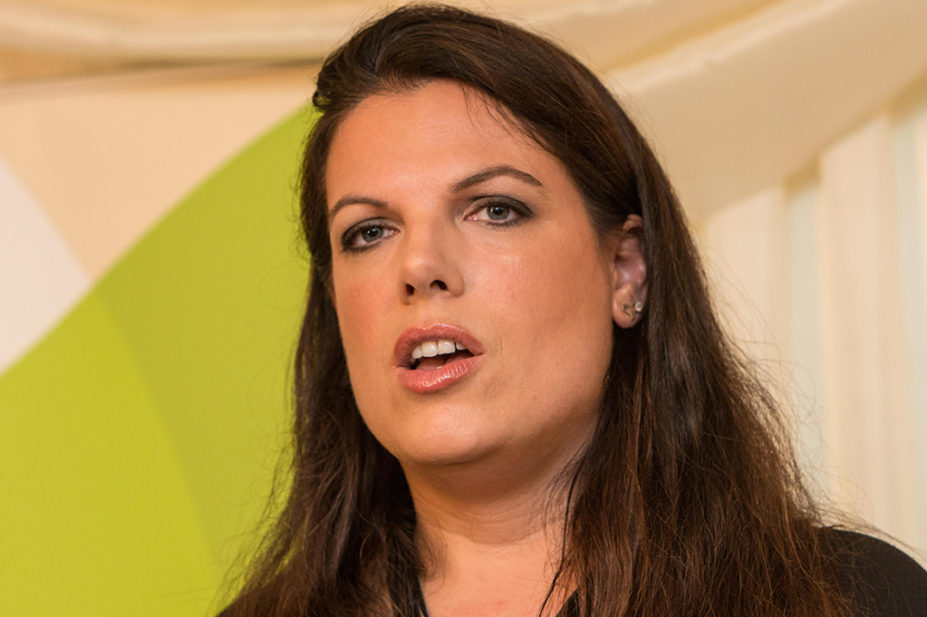
Mark Bourdillon / Alamy Stock Photo
The UK government has rejected several recommendations made in a House of Commons Women and Equalities Committee report on menopause and the workplace, published in July 2022, which includes calls for a national formulary specifically for hormone replacement therapy (HRT).
The government’s response to the report, published on 24 January 2023, was met with disappointment by the committee which — in its own response to the government’s reply, published on 24 January 2023 — said that “very little new work” had been committed to by the government and that its response was “three and a half months late”.
The government rejected 5 of the 12 recommendations laid out by the committee, including recommendations to consult on making menopause a protected characteristic under the Equality Act 2010 and to pilot a menopause leave policy.
It rejected the recommendations for a national formulary specifically for HRT on the grounds that prescribers in primary care were already able to prescribe from all licensed products using the British National Formulary.
“Prescribers can, and should, prescribe the medicine or appliance that is the most appropriate treatment option for the patient, using their clinical discretion and after a shared discussion with the patient taking into account the patient’s values and preferences,” the government said.
However, the government’s response to the recommendations added that it was “committed” to reducing the cost of HRT prescriptions and that work was “underway” with the NHS Business Services Authority to develop a bespoke prepayment certification (PPC) for HRT medicines licensed to treat the menopause.
“This will be introduced from April 2023, subject to consultation with all relevant representative bodies which is still ongoing,” the response said.
“The intention is that from April 2023 patients will be able to purchase this bespoke HRT PPC at the cost of two prescription charges (currently £18.70). This means most women, if not all, on HRT will benefit from reduced prescription costs.”
The response added that the government was currently developing a communications plan for the introduction of the PPC to ensure primary care prescribers and pharmacists were aware of the changes.
In a letter to health minister Maria Caulfield, Caroline Nokes, chair of the Women and Equalities Committee, said that she was pleased the government had reiterated several commitments made to the committee, such as the introduction of the PPC.
However, she added that it was “extremely disappointing” that the menopause taskforce had not met since the summer 2022 recess and that an industry roundtable on HRT supplies had been “delayed a number of times”.
“This signals a level of complacency in government on this area when there is a still a huge amount to be done,” she added.
The government’s response to the recommendations concluded that it would next provide an update to the committee on HRT supply following the next industry roundtable, “expected to take place in February 2023”.
A statement from the British Menopause Society said: “A national formulary would improve access to many more recently licensed products with unique potential benefits.
“The goals set out in the Women and Equalities Committee report into the menopause are high and would have been difficult to achieve in a short space of time with the many challenges currently facing the NHS.”


